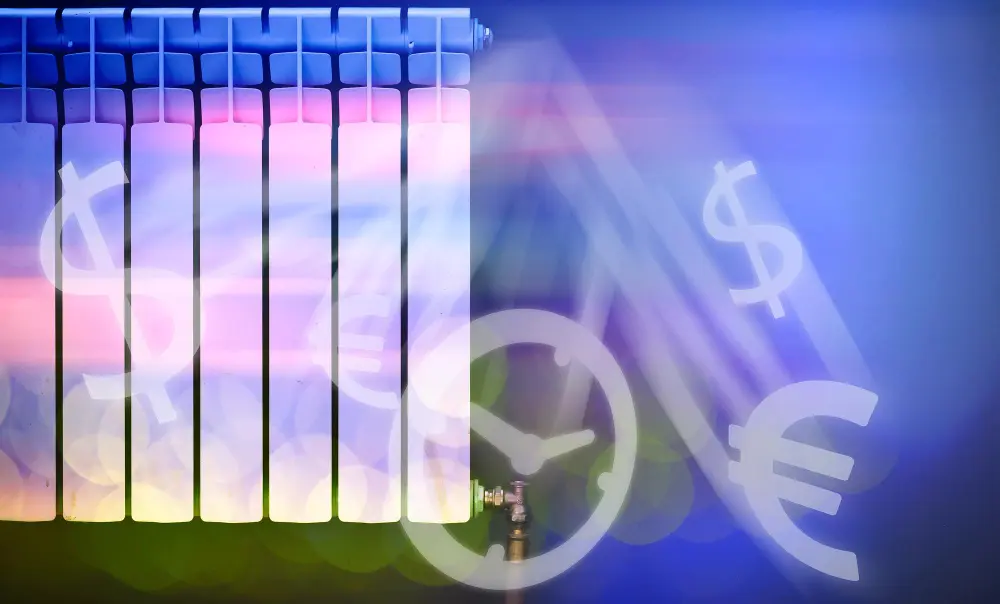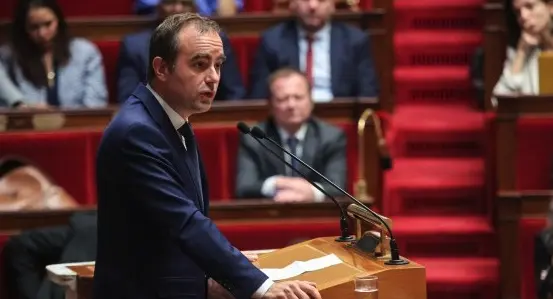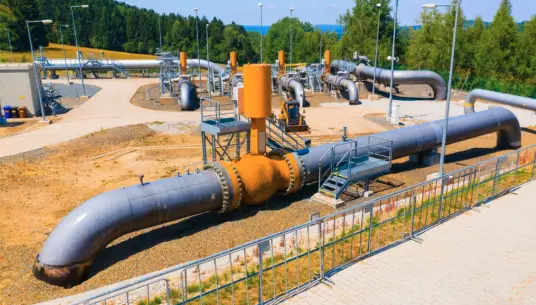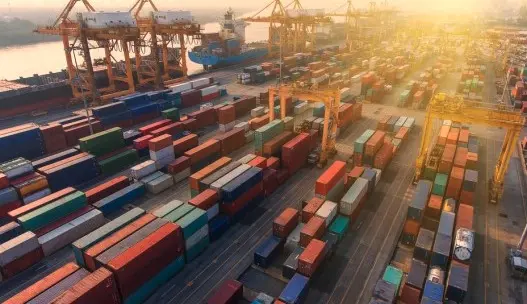Energy
ICE Brent managed to settle higher last week, despite a weaker performance towards the end of the week. The strength in the prompt ICE time spread shows that the market is still tight and is expected to remain so for the foreseeable future, largely driven by expectations that Russian oil supply will edge lower in the months ahead as widely-expected plans for a price cap on Russian oil may have the opposite effect on oil prices than hoped for. The governor of Russia’s central bank has said that Russia would not supply crude oil to any country which caps prices. Although the deputy prime minister had previously said that Russia would not supply oil if the cap was set below production costs.
Libyan oil output is continuing to recover following months of disruptions due to local unrest. The oil ministry has said that production is at least 800Mbbls/d at the moment and expectations are that output will reach 1.2MMbbls/d in early August. However, it is likely that domestic output will remain fairly volatile, something that the market has become accustomed to over recent years.
Following the strength seen in the oil market over the early part of last week, it is no surprise that we saw speculators increasing their net long in ICE Brent over the last reporting period. The managed money net long grew by 15,164 lots over the last reporting week, to leave them with a net long of 154,792 lots. The move was fully driven by fresh buying, with the gross long increasing by 16,909 lots.
As if there were not enough disruptions to energy markets, Europe is now having to worry about low water levels along the River Rhine, which is an important trade route for the continent. The low water levels restrict barge movement, and we are seeing this have an impact already. Switzerland will be releasing around 1.5MMbbls of fuel from its strategic reserves until September due to low water levels disrupting flows.
Turning to gas, we should shortly get more clarity on the return of a turbine for Nord Stream to Gazprom. There are reports that Siemens transferred the necessary paperwork to Gazprom over the weekend, which could see the turbine returned over the next few days. Russia has claimed in recent days that a delay in the return and maintenance of turbines could see gas flows along Nord Stream fall further. However, EU gas storage levels continue to increase, with the latest data from Gas Infrastructure Europe showing that storage is almost 66% full, compared to a 5-year average of 67% and 54% at this stage last year. EU energy ministers are planning to hold an emergency meeting tomorrow in order to discuss what steps member states can take to prepare for a potential stoppage in gas flows ahead of next winter.
| 



















































































